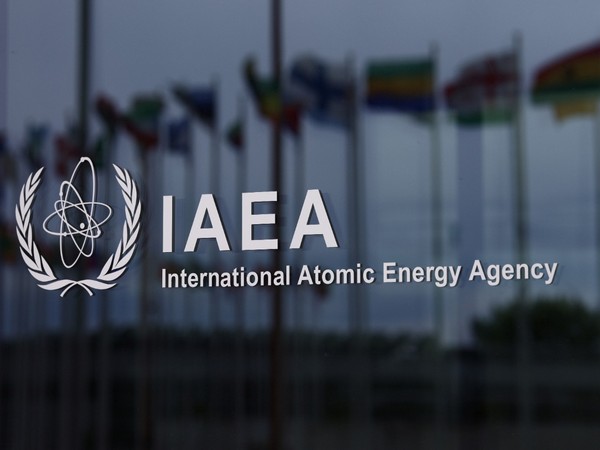At the annual Treaty Event held alongside the IAEA General Conference, Liberia reaffirmed its commitment to nuclear safety and security by depositing instruments to express its consent to be bound by six key legal agreements under IAEA auspices.
These agreements include:
Convention on Early Notification of a Nuclear Accident
Convention on Assistance in the Case of a Nuclear Accident or Radiological Emergency
Convention on Nuclear Safety
Convention on the Physical Protection of Nuclear Material and its Amendment
Agreement on the Privileges and Immunities of the International Atomic Energy Agency
During the same event, South Africa also deposited an instrument of acceptance for the African Regional Co-operative Agreement for Research, Development and Training Related to Nuclear Science and Technology (AFRA).
By depositing these legal instruments of ratification, acceptance, approval, or accession, member states can officially join multilateral treaties, demonstrating their commitment to their provisions.
IAEA Director General Rafael Grossi emphasized the importance of these legal frameworks in facilitating effective support and cooperation, stating, "Law is the basis of everything we do. We cannot act or provide support unless there is a solid normative structure in place. I am grateful for your actions today in joining these important agreements."
Liberia's Instruments of Accession
The Resident Representative of Liberia to the IAEA, Youngor Sevelee Telewoda, deposited five instruments on behalf of Liberia:
Convention on Early Notification of a Nuclear Accident: Established in 1986 following the Chornobyl disaster, this convention creates a notification system for nuclear accidents that may impact radiological safety across borders.
Convention on Assistance in the Case of a Nuclear Accident or Radiological Emergency: Also adopted in 1986, this framework facilitates prompt international assistance during nuclear emergencies.
Convention on Nuclear Safety (CNS): This convention obligates parties operating land-based civil nuclear power plants to maintain high safety standards and mandates reporting on the implementation of safety obligations for peer review.
Convention on the Physical Protection of Nuclear Material (CPPNM) and its 2005 Amendment: These legal instruments set out obligations for the physical protection of nuclear material used for peaceful purposes, addressing issues such as the criminalization of nuclear offenses and fostering international cooperation in cases of theft or threats.
South Africa's Acceptance of AFRA
Rapulane Molekane, the Resident Representative of South Africa to the IAEA, also deposited an acceptance instrument for the African Regional Co-operative Agreement for Research, Development and Training Related to Nuclear Science and Technology (AFRA).
AFRA, which first took effect in 1990 and was revised in 2020, aims to enhance the role of nuclear science and technology in promoting socio-economic development across Africa. It provides a framework for collaboration among African IAEA member states to address shared needs through various programs. Currently, AFRA has 38 participating countries.











